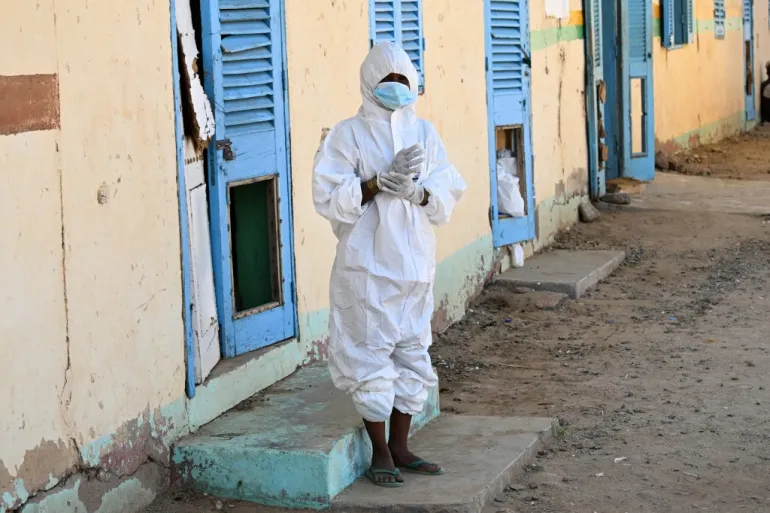A cholera outbreak sweeping through Sudan’s capital, Khartoum, has claimed the lives of at least 70 people within just two days, according to local health authorities.
The health ministry in Khartoum State, as reported by Al Jazeera on Thursday, recorded 942 new infections and 25 deaths on Wednesday alone. This followed a previous report of 1,177 cases and 45 deaths on Tuesday, highlighting the rapid and deadly spread of the disease.
The epicentre of the outbreak is Khartoum, a city crippled by over two years of intense conflict between the Sudanese army and the paramilitary Rapid Support Forces (RSF).
Earlier this month, the capital lost access to essential services such as electricity and clean water following drone attacks attributed to RSF forces.
In response, the army-backed government announced last week that it had ousted RSF fighters from their remaining positions in Khartoum State, two months after reclaiming the city centre.
However, the devastation remains severe, with public health and sanitation systems in near-total collapse.
According to the federal health ministry, 172 people died from cholera in the week leading up to Tuesday, 90 percent of whom were in Khartoum State.
According to Al Jazeera, Humanitarian workers say the outbreak is being intensified by the breakdown of medical services, with approximately 90 percent of hospitals in major conflict zones no longer operational.
Read also: Kenyan student in court over false post on president Ruto’s death
Sudan country director for the International Rescue Committee, Eatizaz Yousif, said, “Sudan is on the brink of a full-scale public health disaster.”
“The combination of conflict, displacement, destroyed infrastructure, and lack of clean water is fuelling the resurgence of cholera and other deadly diseases,” she told AFP.
Since August 2024, Sudan has recorded over 65,000 suspected cholera cases and at least 1,700 deaths across 12 of its 18 states.
Khartoum alone has reported 7,700 cases and 185 deaths, including more than 1,000 infections among children under the age of five.
The situation is likely to deteriorate further with the onset of the rainy season, which aid groups warn could severely hamper humanitarian efforts and access. Without urgent intervention, they say, the death toll could rise dramatically.
According to the United Nations Children’s Fund (UNICEF), more than one million children are at risk in cholera-affected parts of Khartoum.
“We are racing against time … to provide basic healthcare, clean water and good nutrition,” said Sheldon Yett, UNICEF’s representative in Sudan. “Each day, more children are exposed to this double threat of cholera and malnutrition.”
Now in its third year, Sudan’s war has killed tens of thousands, displaced over 13 million people, and sparked the world’s largest displacement and hunger crisis.









